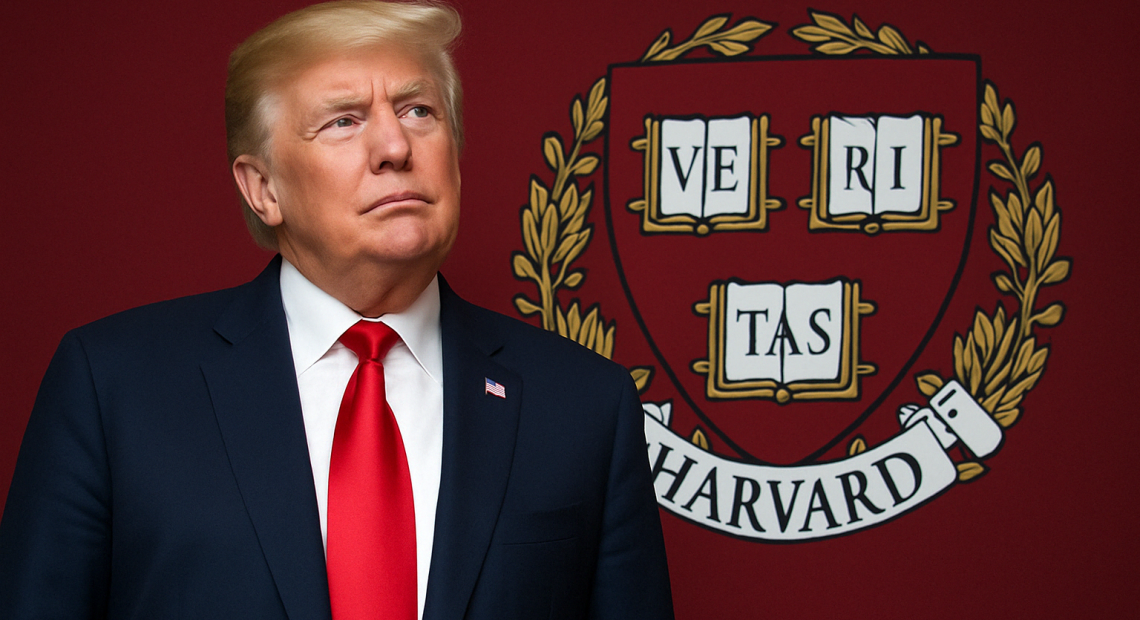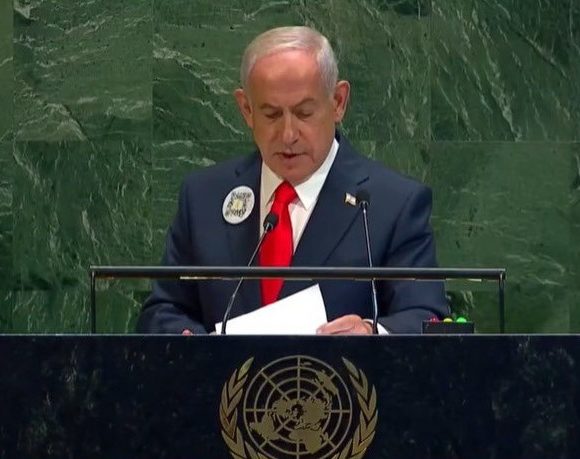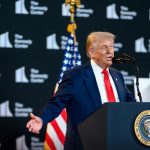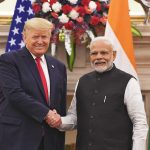
Harvard University Challenges Federal Funding Freeze in Court
Harvard University has filed a lawsuit against the Trump administration, contesting the freezing of more than $2.2 billion in federal research funding. The university claims the move is a violation of constitutional rights and an unlawful attempt to influence academic governance.
The lawsuit, lodged in the U.S. District Court for the District of Massachusetts, argues that the administration’s action is an overreach of federal power. Harvard alleges that the funding freeze is being used as a coercive tool to enforce ideological compliance by pressuring the university to alter its academic programs and institutional policies.
At the center of the conflict are demands made by federal officials for Harvard to implement ideological audits of faculty and student positions, scale back diversity and inclusion initiatives, and revise curricula in line with political preferences. According to Harvard, acceding to these demands would undermine its independence and the foundational principle of academic freedom.
The frozen funding affects a wide range of Harvard’s research initiatives, spanning fields such as medical innovation, scientific development, and technological advancement. The suspension of funds not only threatens to disrupt critical projects but also raises alarms about the precedent it could set for higher education across the United States.
University officials argue that this case is about more than finances—it’s a battle over whether academic institutions can maintain autonomy in the face of political pressure. The lawsuit underscores deepening tensions between elite educational institutions and government actors over issues of free inquiry, governance, and the future of higher learning in a polarized national climate.
Observers note that the outcome of the case could have sweeping implications. If the court sides with Harvard, it may affirm the legal boundaries of executive influence over independent educational bodies. Conversely, a ruling against the university could embolden further federal intervention in academic affairs, raising broader concerns about the erosion of scholarly independence.


















